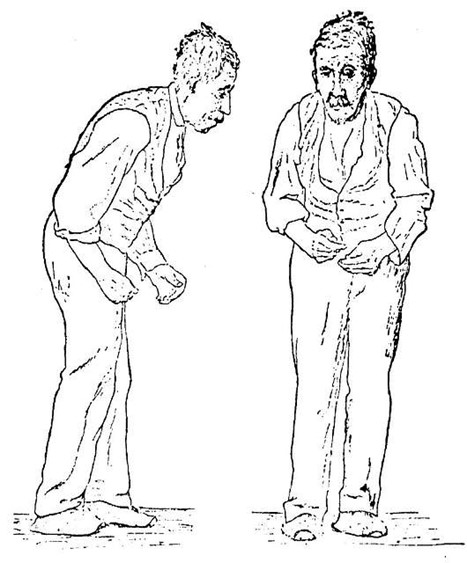Piecing the Puzzle Together: Factors Contributing to the Decline in US Life Expectancy
Life expectancy is a crucial indicator of a nation’s overall health and well-being. It reflects the average number of years a person can expect to live, given current mortality rates. For many years, life expectancy in the United States steadily increased, thanks to advances in healthcare, improved living conditions, and better access to education. However, in recent times, this trend has taken a troubling turn. Life expectancy in the US has been declining, and this phenomenon is a matter of great concern. In this blog post, we’ll delve into the complex factors contributing to this decline.
- The Opioid Epidemic
One of the most significant contributors to the declining life expectancy in the US is the opioid epidemic. Opioid abuse, including prescription painkillers and illegal drugs like heroin, has reached alarming levels. Overdose deaths have surged, leading to a substantial reduction in life expectancy. The social and economic impacts of this epidemic ripple through communities, affecting not only the individuals involved but also their families and communities at large.
- Rising Obesity Rates
Obesity is another critical factor contributing to the decline in life expectancy. The US has seen a steady increase in obesity rates over the past few decades. Obesity is linked to a host of health problems, including:
- heart disease
- diabetes
- certain types of cancer
These conditions significantly reduce life expectancy, making obesity a major public health concern.
- Lack of Access to Healthcare
While the US boasts some of the world’s most advanced medical facilities, not everyone has equal access to healthcare. A significant portion of the population lacks health insurance, making it difficult for them to receive timely medical care. The lack of access to healthcare can lead to undiagnosed and untreated health issues, which ultimately shorten life expectancy.
- Socioeconomic Disparities
Socioeconomic disparities play a substantial role in the declining life expectancy in the US. People in lower-income brackets often face greater challenges accessing quality healthcare, maintaining a healthy lifestyle, and securing a stable environment in which to thrive. These disparities lead to differences in life expectancy between various demographic groups.
- Mental Health Crisis
Mental health issues are on the rise in the US, with conditions like depression and anxiety affecting millions of people. Mental health problems can lead to substance abuse, obesity, and other health issues that contribute to a shorter life expectancy. Addressing the mental health crisis is crucial for improving overall well-being and life expectancy.
- Gun Violence
Gun violence remains a pervasive issue in the United States, with a higher rate of firearm-related deaths compared to other developed countries. Homicides and suicides involving firearms significantly impact life expectancy, especially in urban areas with high crime rates.
- Decline in Social Capital
Social capital, which includes factors like trust, social networks, and community engagement, has been on the decline in the US. A lack of social cohesion can lead to increased feelings of isolation, which can contribute to mental health issues and a lower quality of life.
To learn more, check out this summary from Harvard Health Publishing.
As a society, it’s essential to recognize these challenges and work together to create a healthier and more equitable future for all Americans. Integrating supplements from the Asher Longevity Institute into our daily routine is a crucial step towards enhancing our overall well-being. Experience the benefits firsthand by conveniently placing your order here!




